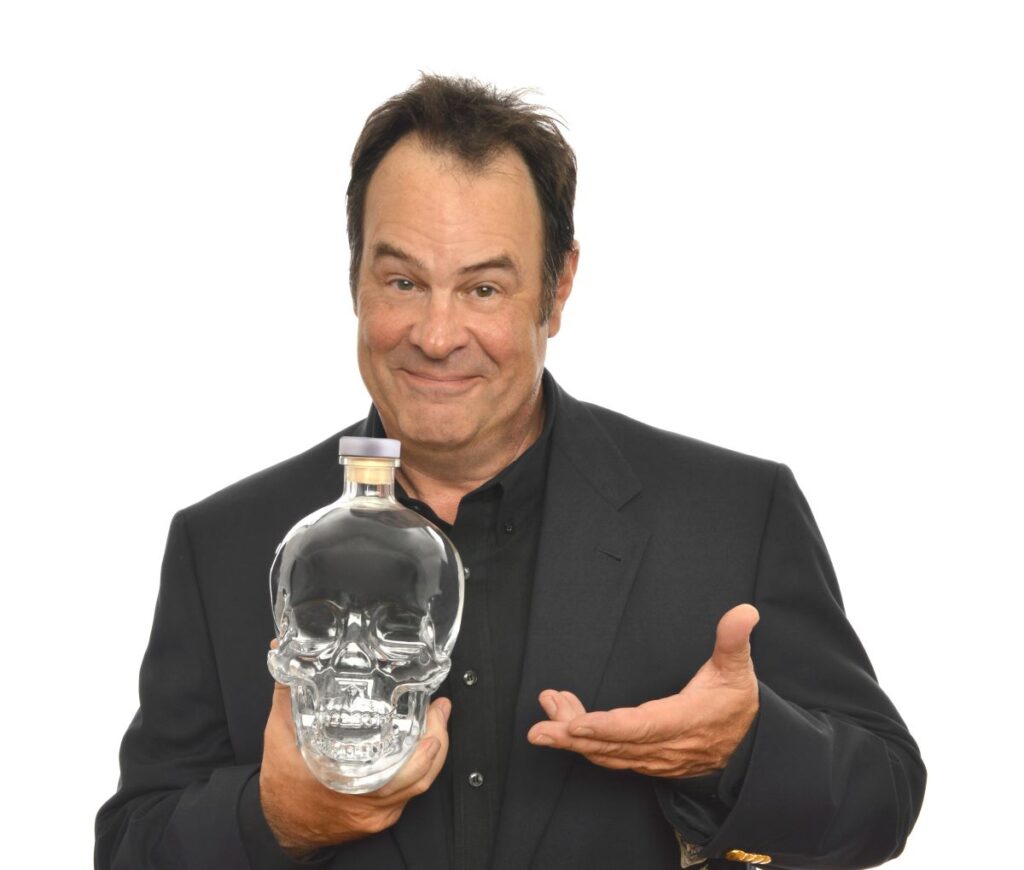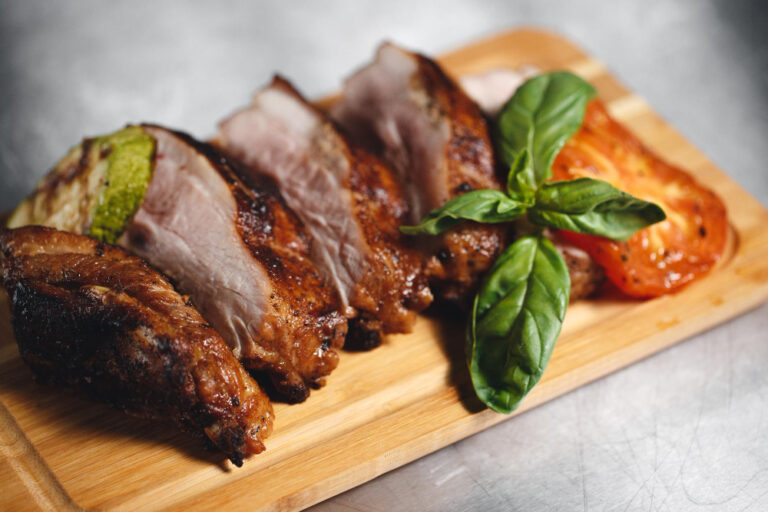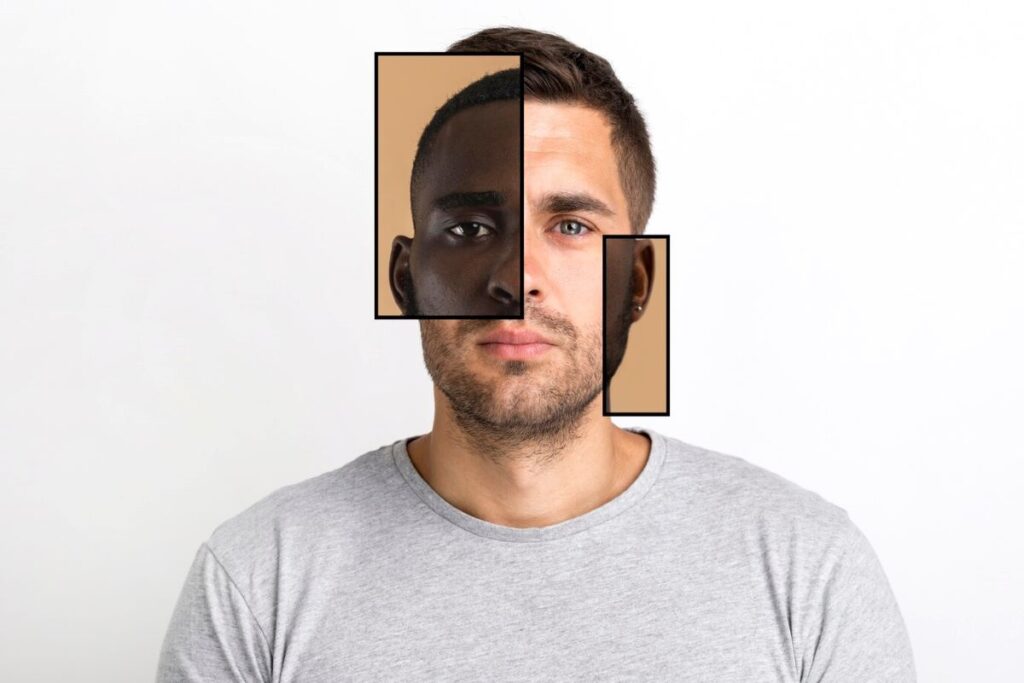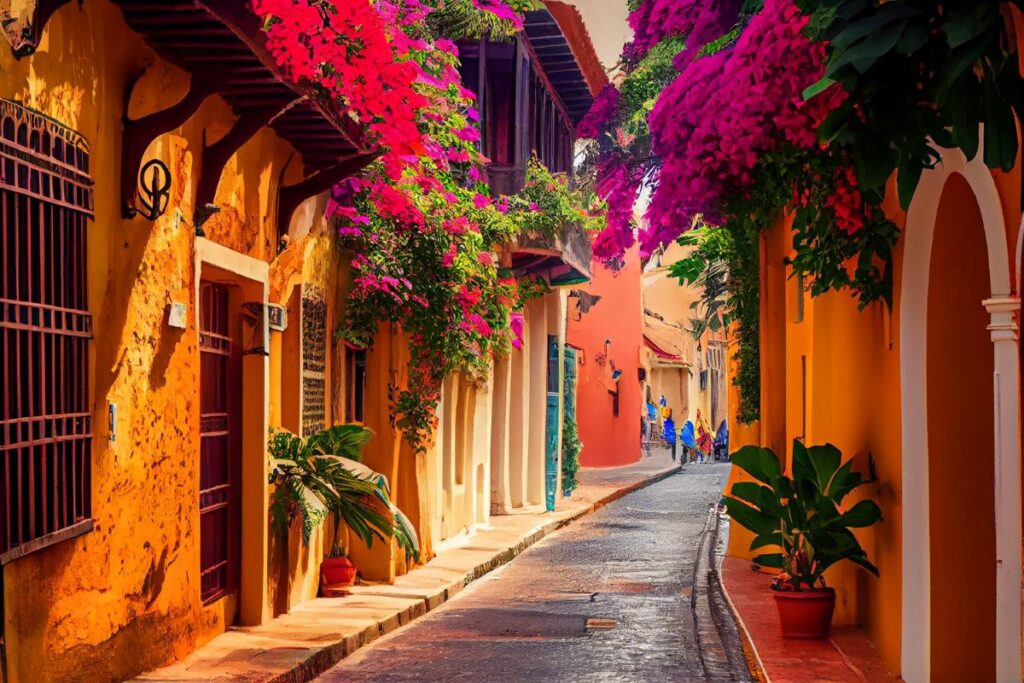Everyone seems to forget that Dan Aykroyd has an Academy Award nomination. In another actor’s career, it’d be the crowning achievement, mentioned with his name at every opportunity. However, somehow, it’s turned into just another interesting footnote in the career of this varied and multi-faceted talent, who has gained claim to fame as an actor, musician, writer, and distiller.
Long before Aykroyd rose to international prominence with the debut of NBC’s Saturday Night (later Saturday Night Live), like any struggling performer, he held a number of random jobs. He co-authored a manual for Canadian prison guards on what to do during a riot, toyed with the idea of being a priest, and served as an auctioneer at Canadian auto shows. It was the third gig that would serve him best on SNL, mastering that cadence for comic effect to hawk memorable fictional products like the Super Bass-O-Matic ‘76, the Bat-O-Matic for Halloween, and Santi-Wrap, a protective sheet for sitting on soiled mall Santas. It’s just one in a repertoire of comic tricks that has proven his immense talent, and like much of the popular comedy in the era, it was immediately exported down South.
Americans typically don’t recognize or remember just how much of their comedy in the ‘70s, ‘80s and ‘90s was born up North. But SNL isn’t what it used to be — a saying that has been applied for nearly every new cast. Comedian Gareth Reynolds recently compared an audition for SNL today to one for American Idol, and while debates online rage about whether or not it’s at all funny anymore, there is still some appreciation for previous iterations of the cast, such as the days of Aykroyd, Phil Hartman, Martin Short, Mike Myers, or Norm MacDonald — all Canadians (plus creator Lorne Michaels, too).
Aykroyd was arguably the first of the era, and his versatile talent led to that Oscar nomination in 1990 for Best Supporting Actor in Driving Miss Daisy. Since 2008, he added another talent to his repertoire: making high-quality vodka. Crystal Head Vodka, created with painter John Alexander, is renowned for its filtration process through Herkimer diamonds. The bottle, designed by Alexander, is pure Aykroyd. Crystal skulls were allegedly purported to be pre-Mesoamerican artifacts, though science has refuted such claims. Still, some believe it has a link to supernatural or mystical powers.
It’s no secret that Aykroyd famously believes in the supernatural. He’s the official Hollywood consultant for the Mutual UFO Network (MUFON) and claims to have encountered “men in black” on the set of the Britney Spears film Crossroads. It’s nothing Aykroyd is shy about discussing, as he did at length on Joe Rogan’s podcast in 2019. But before he opened up about his beliefs, he made sure to put in a plug for Crystal Head Vodka; business before pleasure.
Aykroyd has always kept it Canadian in both of his careers. As an actor, he narrated a Canadian Heritage minute and starred in The Arrow, a CBC miniseries about the AVRO space program. His brand offers the Crystal Head Aurora, which is inspired by the Aurora Borealis sometimes spotted in Newfoundland.
Aykroyd spoke to Debu about alcohol, comedy, and the little hole-in-the-wall he used to run in New York City for his SNL castmates.
Having made a name for yourself in show business, what prompted the move to spirits and wine?
It all started by my wanting to improve the tequila choices for Canadian consumers, commencing with my own summer dockside cocktail bar. Before J.P. DeJoria granted me the import rights to bring Patrón Spirits into Canada, there were only two brands to choose from. Now, my countrymen can enjoy the full range of Patron products.
Although no longer involved with the company after Bacardi purchased it, I remain an avid consumer of the brand. So, it was Patrón originally that partnered me with a distributor in Canada that happened to own a few Niagara wineries. Putting my name on a few blends, we came up with a few award-winning whites and reds. Quite exciting at the time, but the line is no longer produced, and the wine business will be left for others to pursue.
What did you learn from your years in comedy and music that you were able to apply to the wine industry?
The beverage alcohol industry is totally about entertainment, so to transit from doing music and comedy into hosting at my various nightclubs and bars was natural. Where do artists go to hang out and unwind? Places where they can congregate over drinks.
Many celebrities have launched alcohol brands. Do you find the celeb-owned drinks world a friendly or competitive space?
No doubt the beverage alcohol industry is very competitive, and rivalries occasionally see owners and distributors confront each other’s initiatives aggressively. But there’s room in the business for everybody in every category.
Crystal Head is fortunate enough to occupy a significant space in the luxury array of products due to our vodka’s assured, decade-long history of award-winning quality and excellence of manufacture. If your product does not have these consistent elements in place, then it will drop off the market quickly, as numerous vodka brands have in the last 10 years.
You famously opened a little hole-in-the-wall bar for SNL cast mates. Do you find there is a unique connection between drinking and comedy?
The Blues Bar at Hudson and Dominick Streets in Manhattan came between the Toronto 505 Club — where all the Second City stars use to hang — and House of Blues with its 13 operating venues. Many memorable nights were had at that original Blues Bar with hosts, cast members, and music stars attending our after-party jams. Naturally, the place rocked with laughter the whole night.
As to drinking and comedy, to me, a drunk is not funny. Often people who drink to excess think they are being hilarious. However, a skilled actor doing an impression of someone who is drunk can be quite superb in the proper context — [think of] William Powell, Red Skelton, Frankie Fontaine, Foster Brooks, Dean Martin, and Buster Keaton.
From your descriptions of The Blues Bar, you weren’t exactly drinking Niagara Cabernet Sauvignon or Crystal Head vodka. Did you find that your tastes refine with age?
The Blues Bar stocked whiskey and cases of cold Rheingold Beer from pallets in the cellar that had somehow survived but were still drinkable. It was strictly “bring your own.” Since then, meeting Steve Cropper [guitarist for The Blues Brothers, Booker T, and the MGs], my pick for red is a Brane-Cantenac [from] Margaux and white is a Corton-Charlemagne.
Kenny Hedges | Contributing Writer










